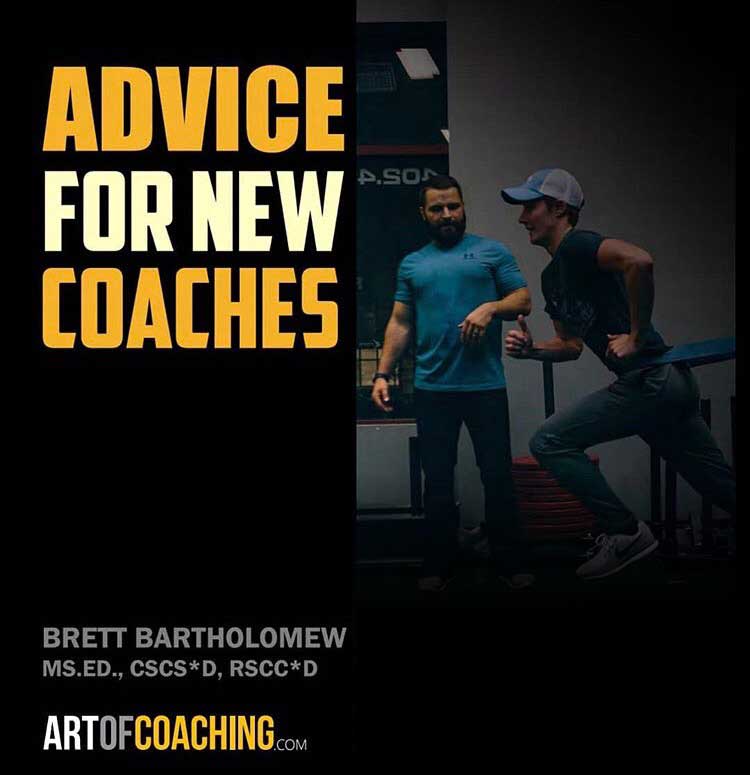Whenever I begin to think about writing I often fall into the trap of feeling as if everything I share has to “move the needle.”
Over time, I’ve learned that this is one of the greatest forms of what legendary author Steven Pressfield calls “the resistance.” Throughout his writing, Pressfield describes “resistance” in a myriad of ways, but the gist is that resistance is representative of all forms of inertia which stop creativity (and productivity) in their tracks prior to an idea even being hatched.
Resistance is what makes us procrastinate. It’s what makes us avoid putting our butts into a chair, and words onto a page, and it makes us feel as if no idea that we come up with is ever “good enough” or worth sharing with anyone else.
Resistance also makes us feel as if we need to fit a mold. It whispers that when you write or share, that it must be presented in the same format as those who have gained tremendous traction with their work, or are perceived to be “credible sources.” This myth is imposter phenomenon at its finest. If everyone were to fit the same mold over time, we wouldn’t have musical innovators like Miles Davis, architects like Frank Lloyd Wright, or engineers such as the Wright Brothers. The last thing you want to have in common with everyone else, is your sense of conformity.
I’ve chronicled my own struggles with resistance in previous articles, and due to the high expectations I place on myself and my work, it will very likely continue to be something that I struggle with for the rest of my life. I’ve accepted this.
Whenever I ponder or discuss the topic, my mind can’t help but wander back to a famous Jay-Z line from his song “Moment of Clarity” where he stated:
“Truthfully I wanna rhyme like Common Sense
But I did 5 mill’ — I ain’t been rhyming like Common since
When your cents got that much in common
And you been hustling since your inception
(radio edit) perception! Go with what makes sense”
You don’t have to appreciate hip-hop or rhyme schemes to understand what he is saying here-though it does help. The aforementioned lyrics are an example of an elocutionist trying to say that if given the choice, his vocal skill-set would actually be more similar to a peer he respects (Common Sense is a fellow rapper), yet Jay-Z is also cognizant of the fact that he has done pretty well staying true to himself and his own format. He talks about what he knows and what he has lived.
There is honesty and honor in that.
My version of this would be a combination of the authors Robert Greene, and Seth Godin. To this day I try to give myself permission to write in brief snippets like Seth does, while also doing my best to invoke the power of story like Robert Greene. Both are radically different from one another, yet preach powerful and concise statements that hit home for anyone who has been through the ups and downs of life and/or business. Why is this so hard for me? Because my schooling background was heavily rooted in a more scientific and academic form of writing. Everything had to be in APA format or not at all. Any utterance, regardless of topic, required a bevy of citations to show that you have done your due diligence and that you have properly credited the work of others. This type of writing certainly has its place, and I have co-authored books , chapters and research papers that still require this format. That won’t change.
What I realized must change however, is that more people with a similar science-based background need to get more involved with writing “lay articles” for more general audiences as this is where the information spreads the most quickly. It’s also the group of individuals who tend to need the most guidance. Some academics scorn those who do not drink solely from the fountain of formality and are quick to shout “popularizer” from their ivory towers. What makes them even angrier is that nobody ever hears them. They often fail to understand that providing value comes in the form of walking a carefully strung tightrope where you must follow ethical best practices as it pertains to writing, while also being sure not to alienate the broader audience.
You do that by varying your messaging, the medium in which it is shared, and the style of how you share it. As I mention in my book, successful communication is about choosing the right gear for the right type of hill.
Just as we should not place unnecessary constraints on our own messaging or creativity, we also cannot be other people, nor should we try to be. The “imitation is the sincerest form of flattery” line has worn a bit thin in a day and age where everyone tries to be like everyone else so that they too can affiliate with a cause or idea.
Be an original. You, like me, have your own story- your own method. Nobody can tell those stories or deliver them to others the way that you can. There is ample value in that fact. If you focus closely enough on what you want to say, how it aligns with what you have experienced first-hand, as well as with what you believe can help others if even in the slightest of ways- you have done your job.
Learn from my mistakes. I went from never wanting to have social media, a blog or anything else, to trying to play catch up in logging my thoughts. For me, it’s never about views, likes or claps- but rather creating a log and a legacy so that my future son/daughter and future coaches can be better than I am.
I’d like you to fit into that category as well.
I’ve created a free resource that lays out 54 pages worth of lessons, mistakes and reflections to guide coaches and professionals of all types. Click the link below and let me know your thoughts!



